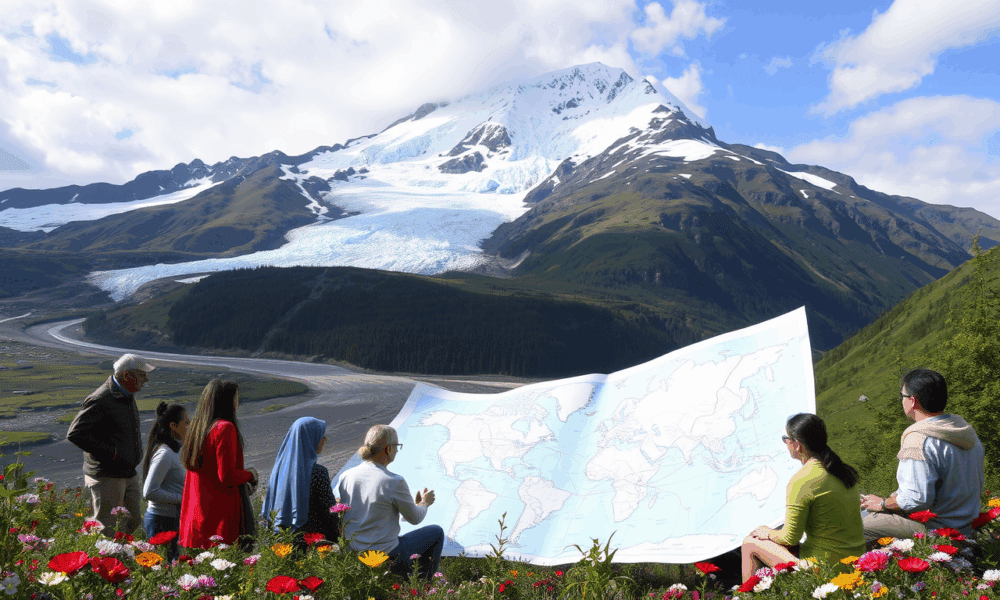
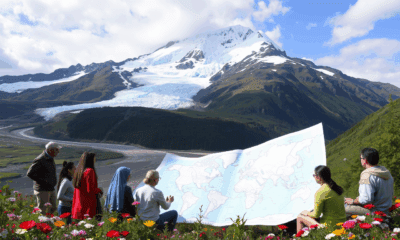

Anthropologists have examined the societal consequences of global glacier loss. This article appears alongside new research that estimates that more than three-quarters of the world's glacier...
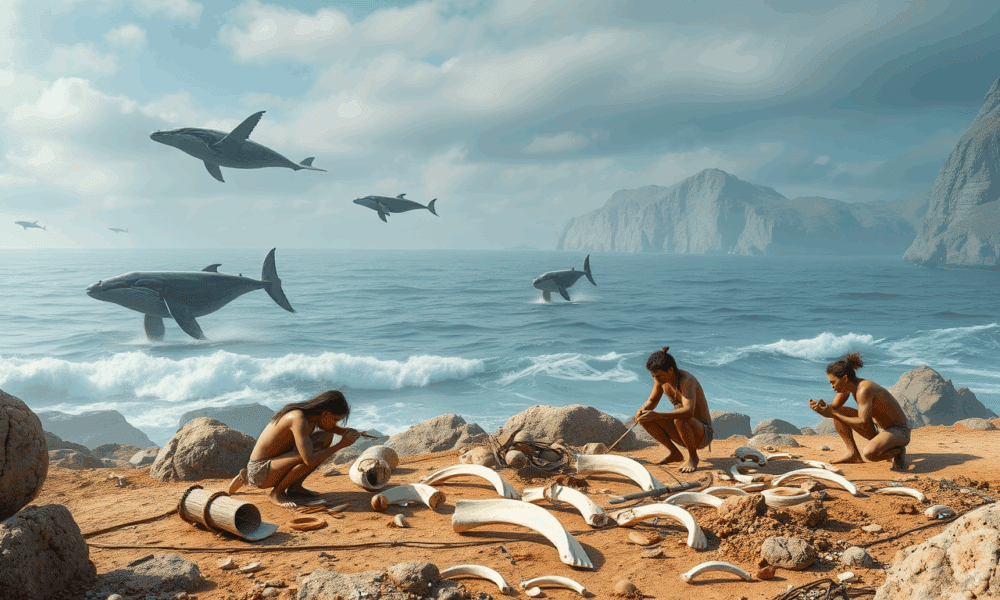
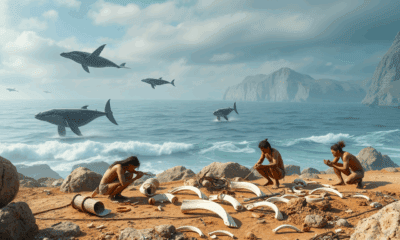

Humans were making tools from whale bones as far back as 20,000 years ago, according to a new study. This discovery broadens our understanding of early...

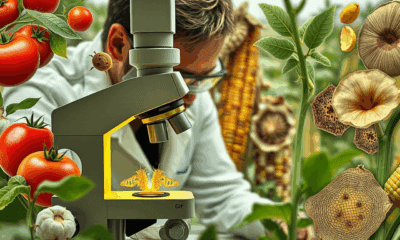

Alterations to the diet of pests could impact how quickly they can adapt to biopesticides.
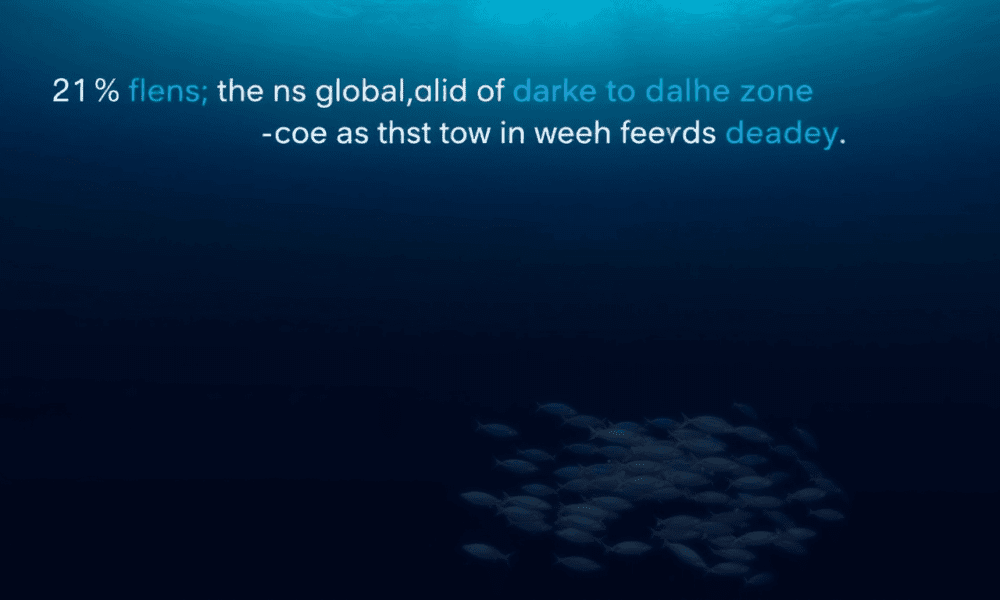
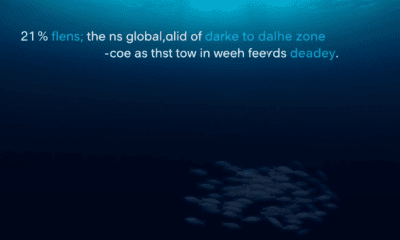

Scientists, who have spent more than a decade examining the impact of artificial light at night on the world's coasts and oceans, have shown that more...



When formulating climate policy, too little attention is paid to social factors and too much to technological breakthroughs and economic reasons. Because citizens are hardly heard...



A pioneering method to simulate how microscopic particles move through the air could boost efforts to combat air pollution, a study suggests.
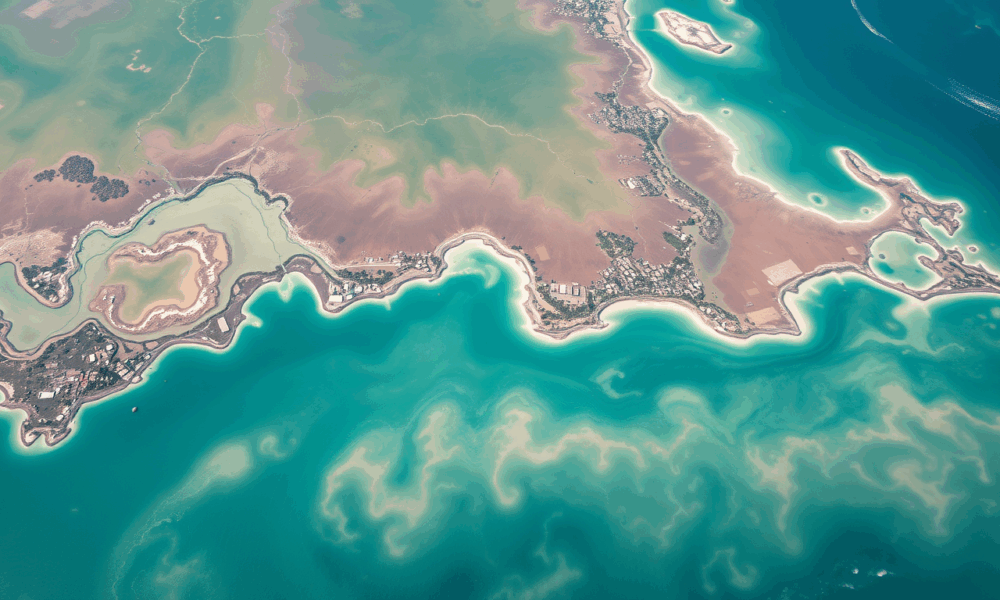
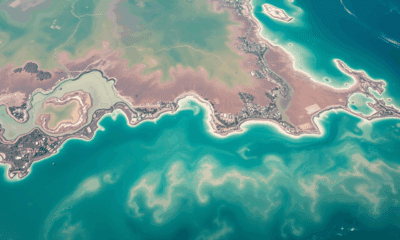

As sea levels climb and weather grows more extreme, coastal regions everywhere are facing a creeping threat: salt. Salinization of freshwater and soils adversely affects 500...
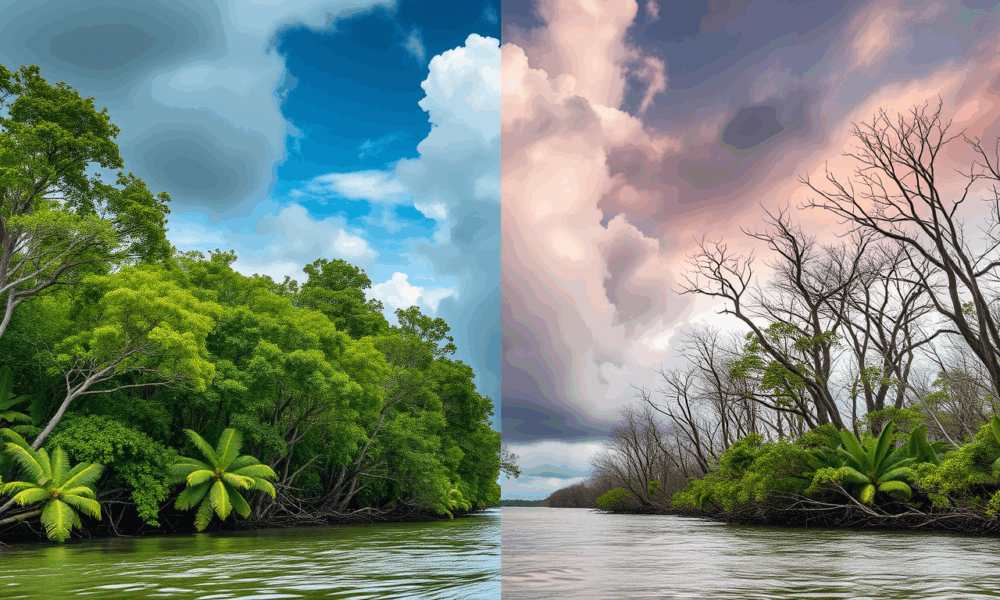
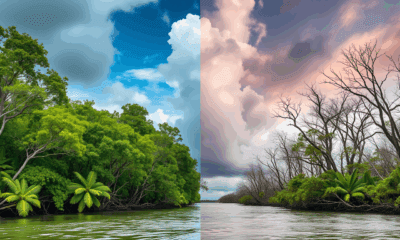

New international research demonstrates global-scale patterns in how El Ni o-Southern Oscillation (ENSO) influences mangrove growth and degradation. Previously, impacts had only been documented at individual...
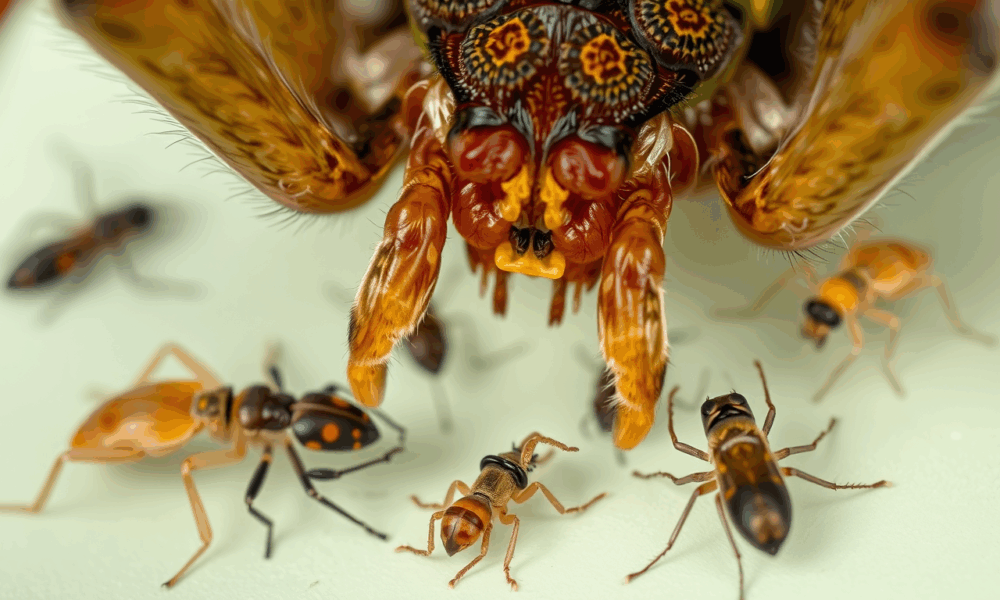
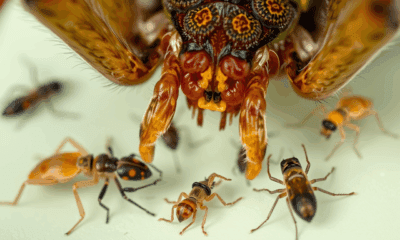

A new study has revealed why some spiders possess venom that is far more potent than others. By analyzing the venoms of more than 70 different...
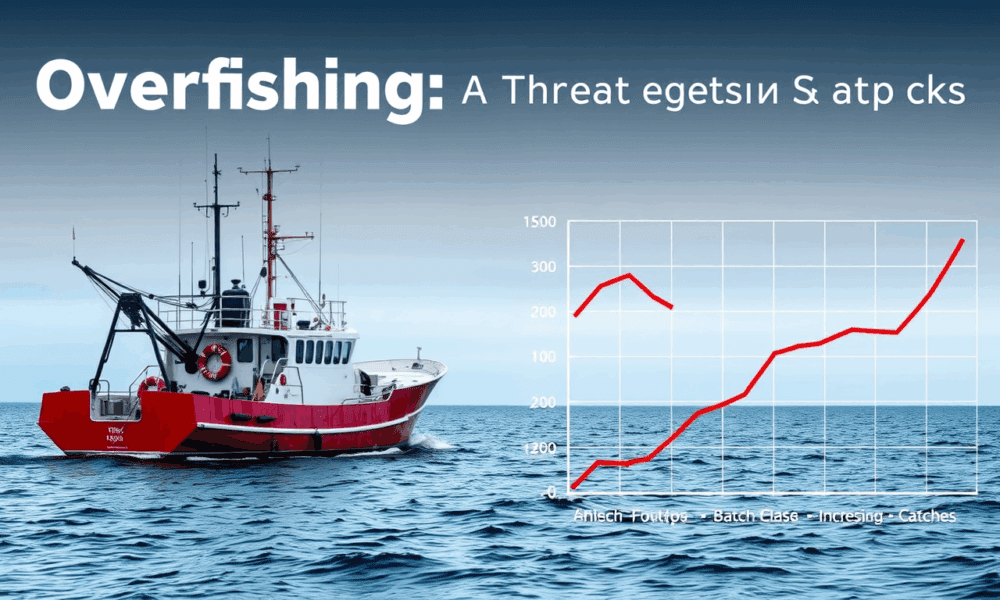
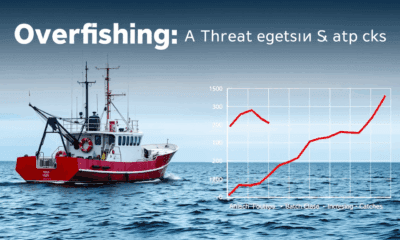

Every year, total allowable catches (TACs) and fishing quotas are set across Europe through a multi-step process -- and yet many fish stocks in EU waters...